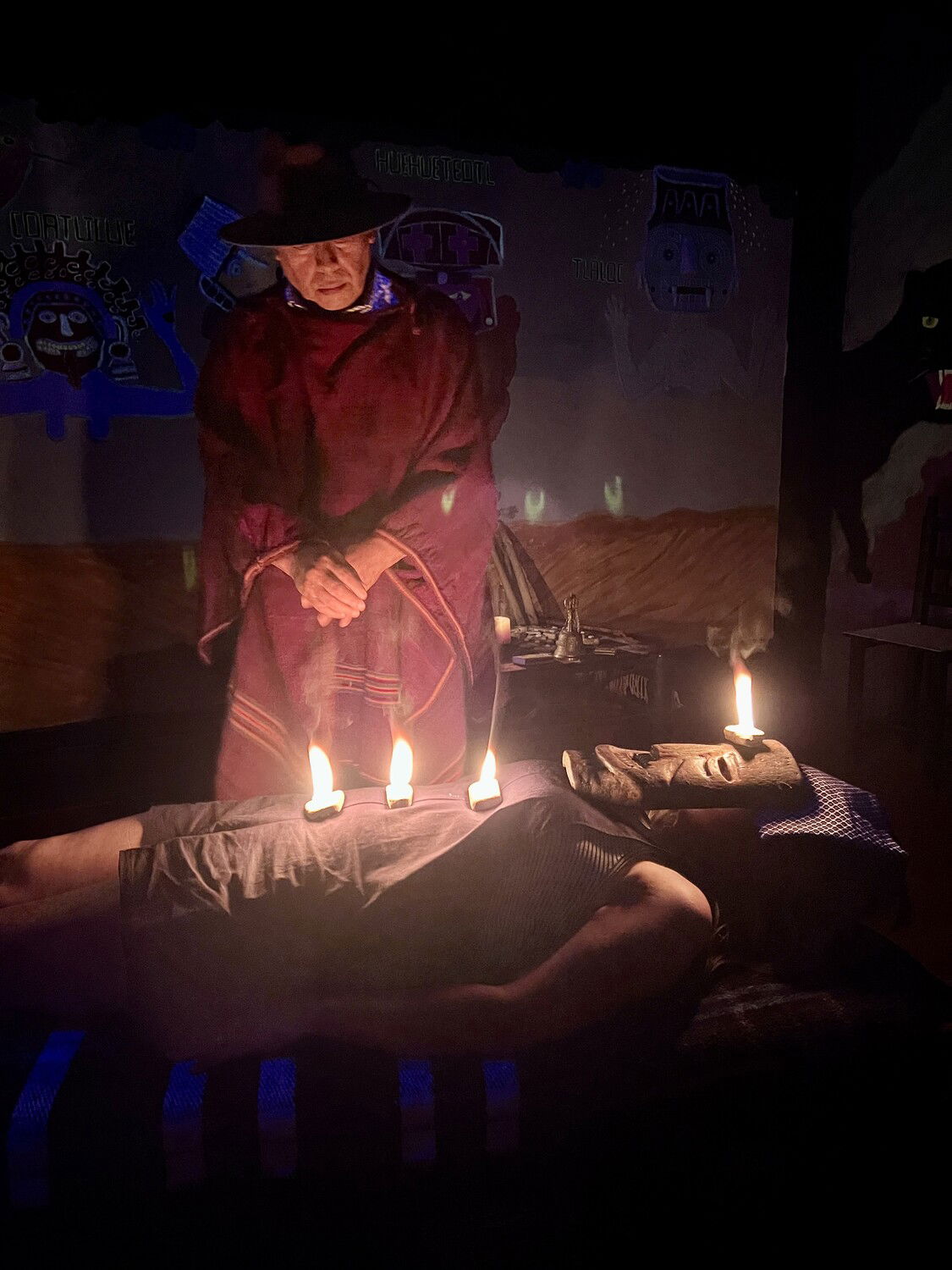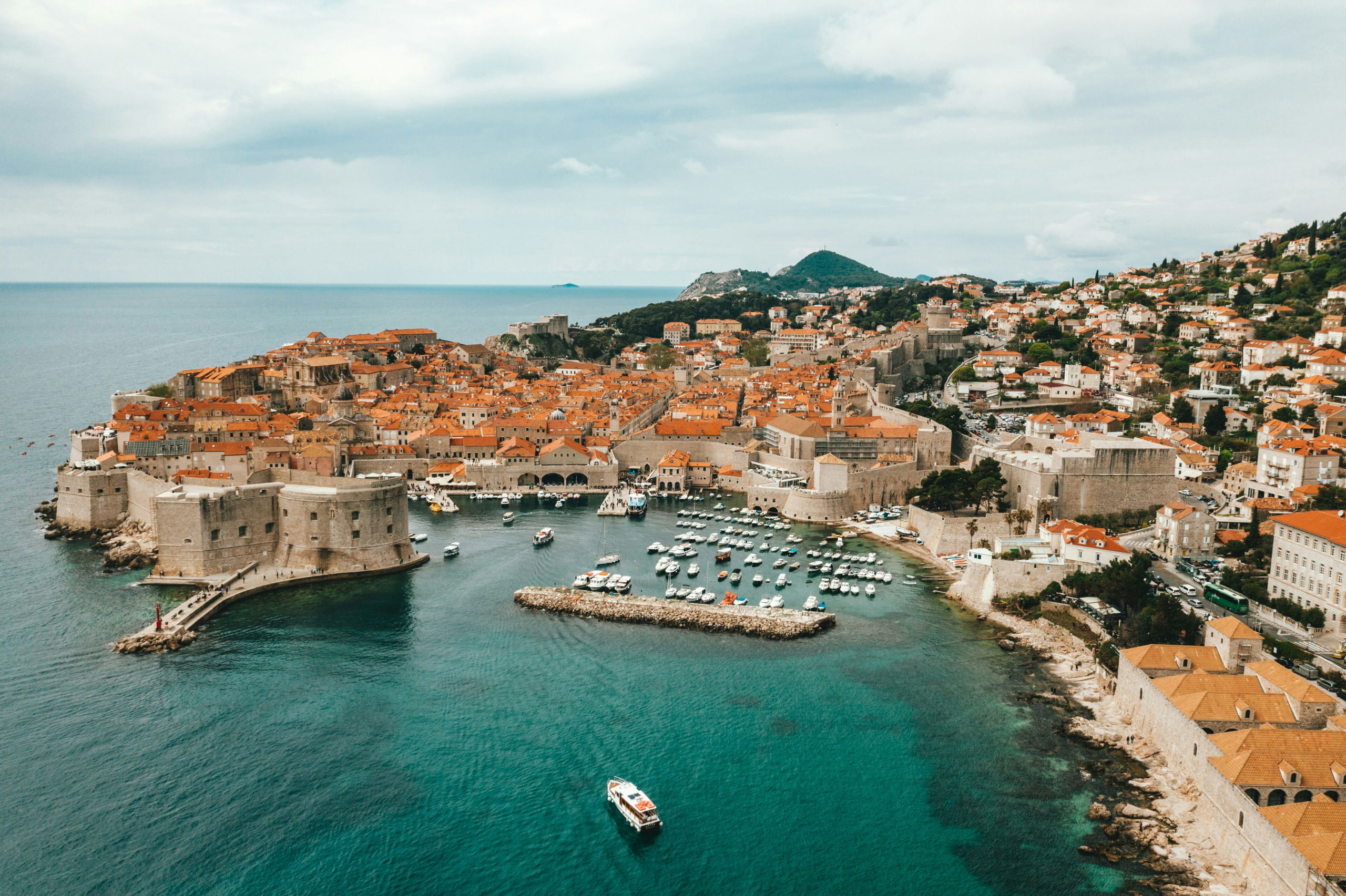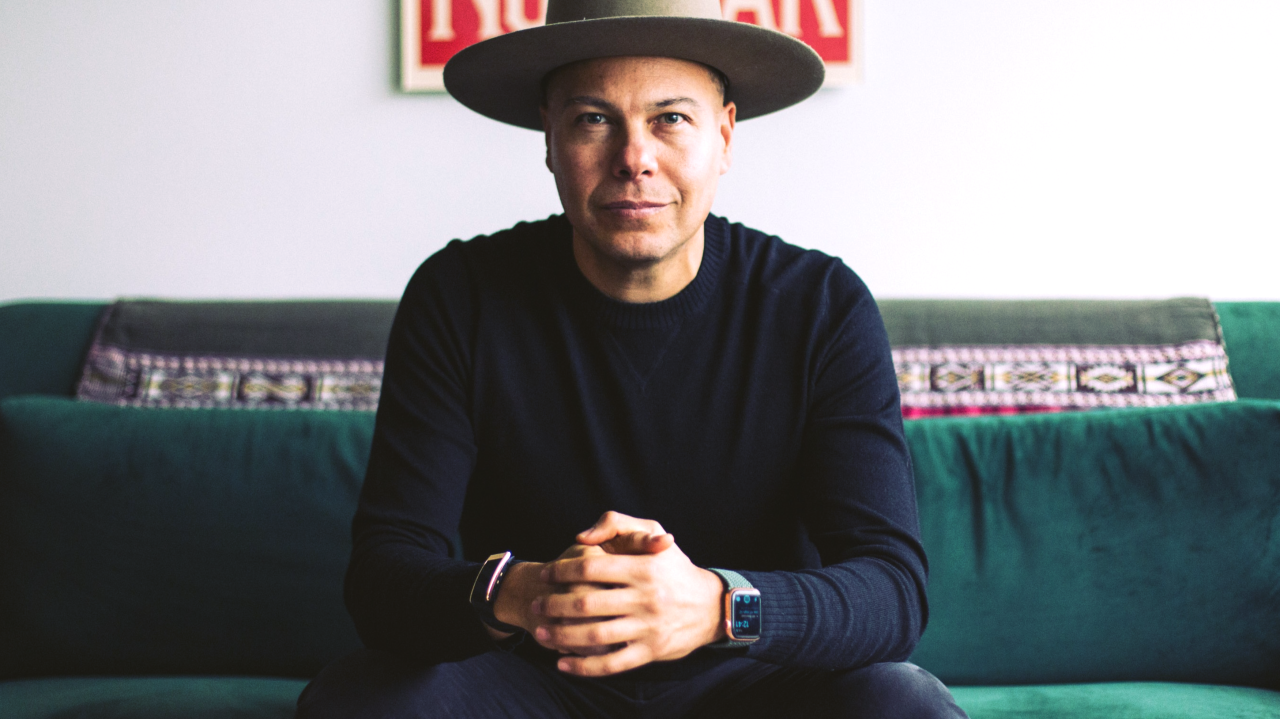
This is a different kind of post. Turning 50 feels like a fitting moment to pause and reflect. What follows is just that, a moment of attention. Written less from the head and more from the heart. As I reflected, this list unfolded. I humbly and bravely offer it here.
Some of what follows I once dismissed as platitudes. But over time, with enough living, they’ve softened into quiet truths. Not because someone told me, but because I’ve had to live them into meaning. To metabolize them into something deeper.
Much of what’s held me, shaped me, and steadied me lives within my family. My wife, my children, and my broader web of kin and connection. We’ve known joy and rupture, tenderness and truth, and through it all, a kind of love that keeps teaching me how to stay.
If there’s a thread running through all of it, it might be this: adulthood isn’t about certainty; it’s about discernment. It’s about turning inward, rather than outward, for direction. It’s about remembering that life is shaped not only by what we chase but by what we choose to notice.
1. Holding two things at once.
Adulthood, at least as I’ve come to understand it, is about learning to hold two things at once: grief and gratitude, longing and love, hope and heartbreak. It’s realizing that life rarely offers clean lines or clear answers and that the truth often exists somewhere in between.
The choice isn’t between light and shadow, but to learn how to stand in both. To be present in joy without denying the ache and to sit with pain without closing off wonder. There is no binary, only spectrum, nuance, and texture. The deeper our capacity to hold both, the more fully we truly live.
2. Momentum begins with a whisper.
Most beginnings are quiet. There’s rarely a clear sign or a perfect moment. Waiting for clarity, for confidence, for the feeling of being “fully ready”, can become its own kind of avoidance.
The only way to begin is to begin. One small move. One honest step. That’s where momentum starts. The clarity often comes later. A beginning is not a declaration of certainty; it’s an act of trust.
3. Go back to go forward.
Much of who we are was shaped long before we had the language to express it. Our childhoods, however loving or fractured, built the operating systems we’re still running. Evolution often requires turning inward and backward. Untangling it gently, not with judgment, but with care.
It’s never too late to have a good childhood. Or at least to rewire the meaning of the one we had. Put kindly, adulthood comes with the invitation to parent ourselves.
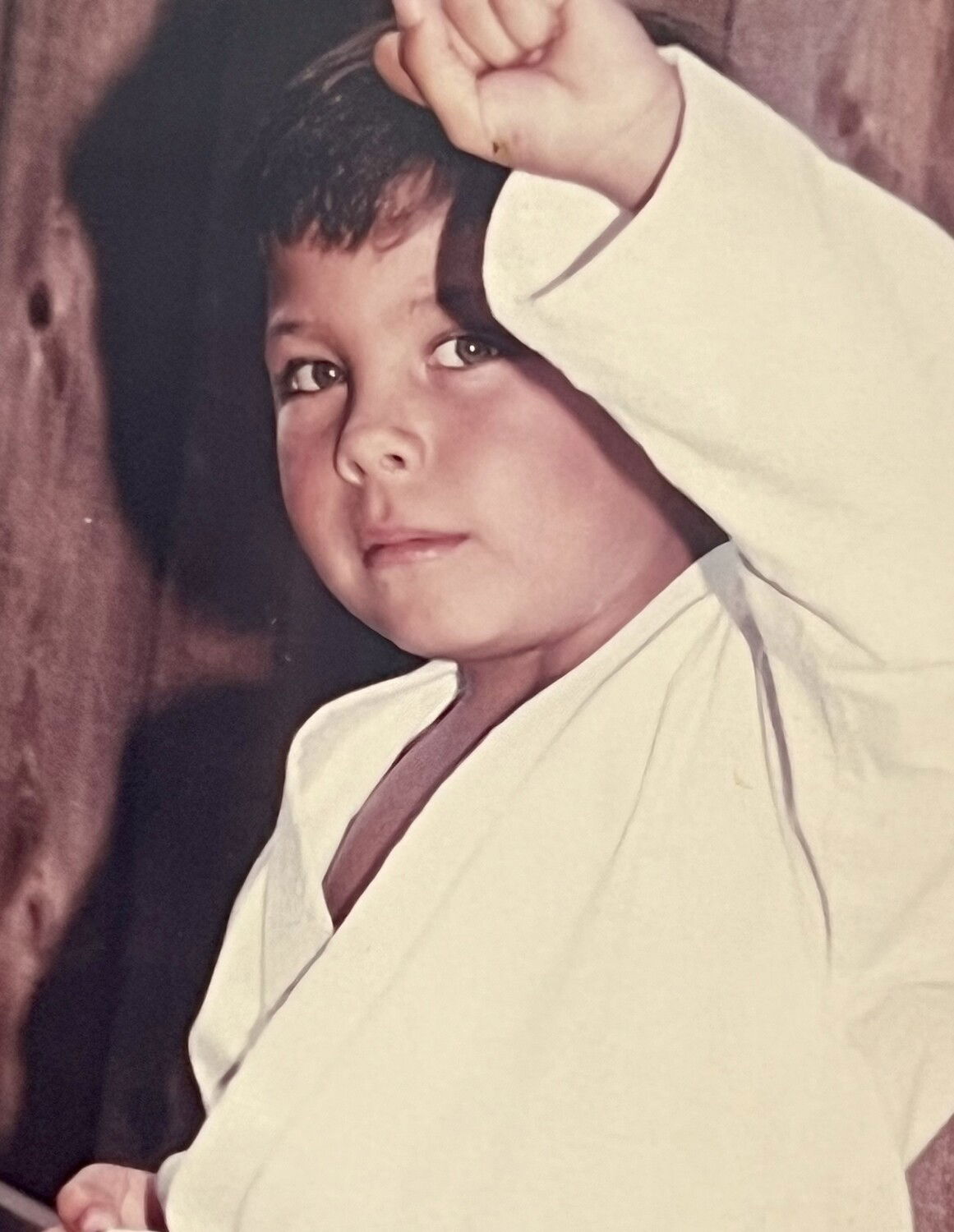
4. Break rules.
Not all rules are built for your becoming. Some are there to protect what no longer needs protecting. Others were written without you in mind.
The deeper work is learning to distinguish between a structure that supports you and a structure that confines you.
Sometimes, growth looks like discipline. Sometimes, it looks like rebellion.
There’s no formula for this. But the more you listen, the more you’ll know when a rule needs to be followed and when it needs to be rewritten.
Ask this, “What am I willing to risk for my aliveness?”
5. Show me your friends, and I’ll show you your future.
Who you spend time with quietly rewires you. Beliefs, language, standards, and habits are all contagious.
We often don’t rise above our environment; we adapt to it. So build one that reflects who you are and want to become, not just who you’ve been.
Your people will challenge you without competing against you. They hold you accountable with little judgment. They can help you return to yourself when you’ve forgotten that being you is enough.
A strong circle isn’t just support; it’s calibration. It’s the invisible architecture of your future.
6. Fun is a compass.
Our enjoyment has always been part of the way forward, not as an escape, but as a signal.
Fun isn’t something to earn after the work is done; it is part of the work in that it requires intent and priority. Fun and play reveal what lights us up, what feels good in the body, and what brings us back to the present.
Following what’s joyful, playful, or genuinely engaging is not indulgent. It’s a way of honoring aliveness. Fun connects us to our passions, to other people, and to the deeper pulse of why we’re here.
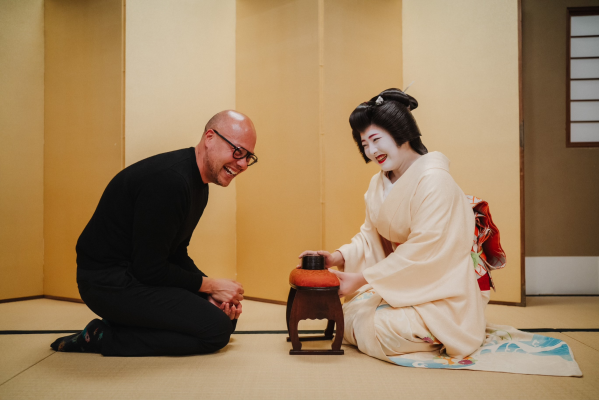
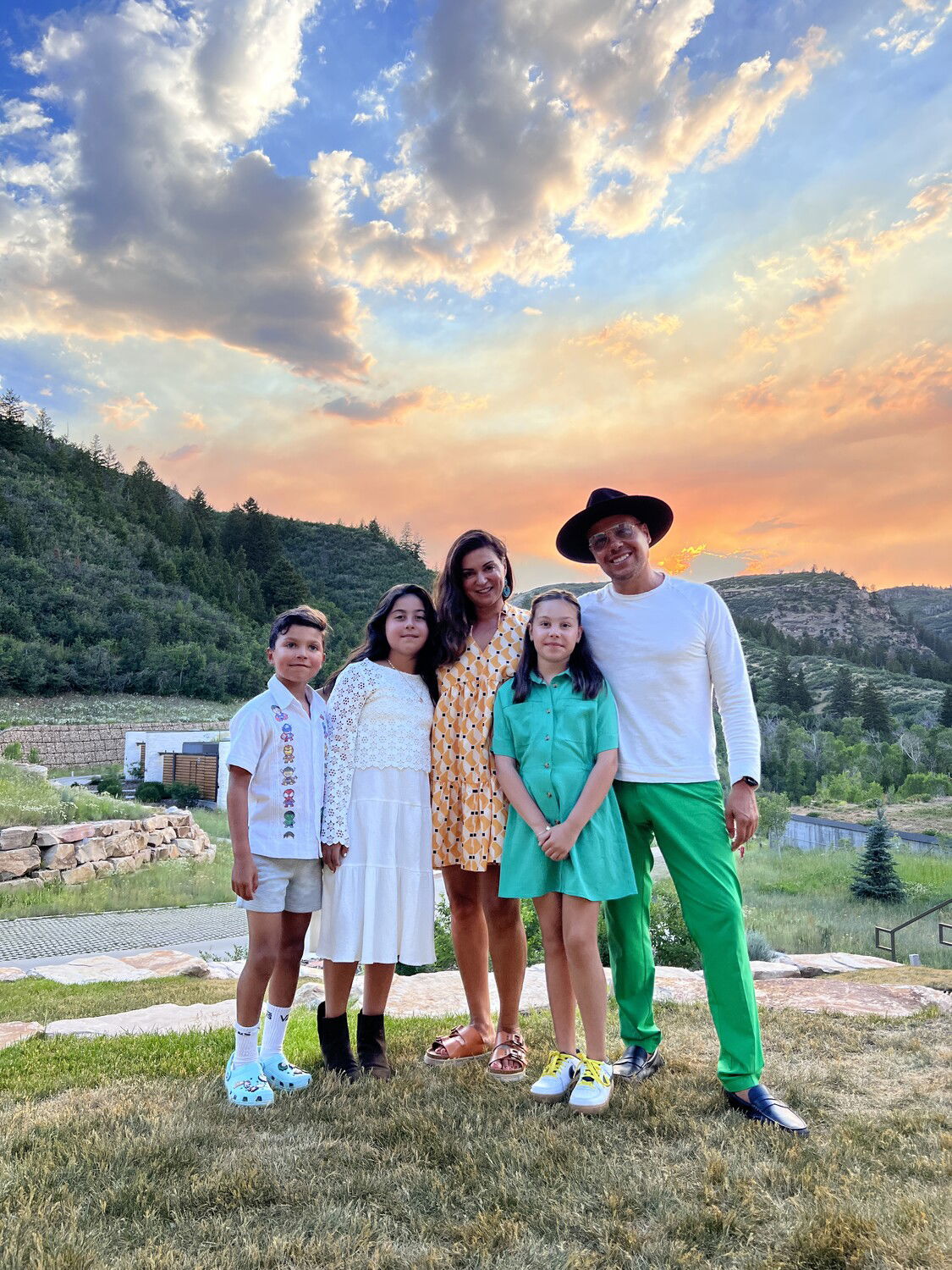
7. Family is a practice.
Every family has its scars, patterns, and complexities. But there’s deep value in doing the work to understand it, to honor it, and, when possible, to find peace in it.
Whether it’s the family we’re born into or the one we build, these relationships can become a profound space for growth, accountability, and belonging.
Our families are the metronome of our lives, keeping time beneath it all. Their presence, or absence, sets a rhythm we carry. A foundation we move from, and come back to, again and again.
8. Hello body.
We are conditioned to live in the mind. To move through life from the neck up, solving, managing, achieving, performing. But beneath that, the body is constantly communicating.
It holds what the mind cannot. It remembers what we’ve forgotten. The body doesn’t overthink. It signals. It listens. It knows.
Learning to return to it, to feel what’s there, to trust its pace, to honor its signals is one of the great untrainings of adulthood.
Because our truth often doesn’t live in the mind. It resides within the body, and when we reconnect with it, we come into rhythm with something more whole and honest. More ourselves.
In that state, connection becomes possible. Expression becomes true. We begin to move through the world not just as thinkers but as feelers.
As we become more embodied, we begin to live from the place where our true beauty and power reside.
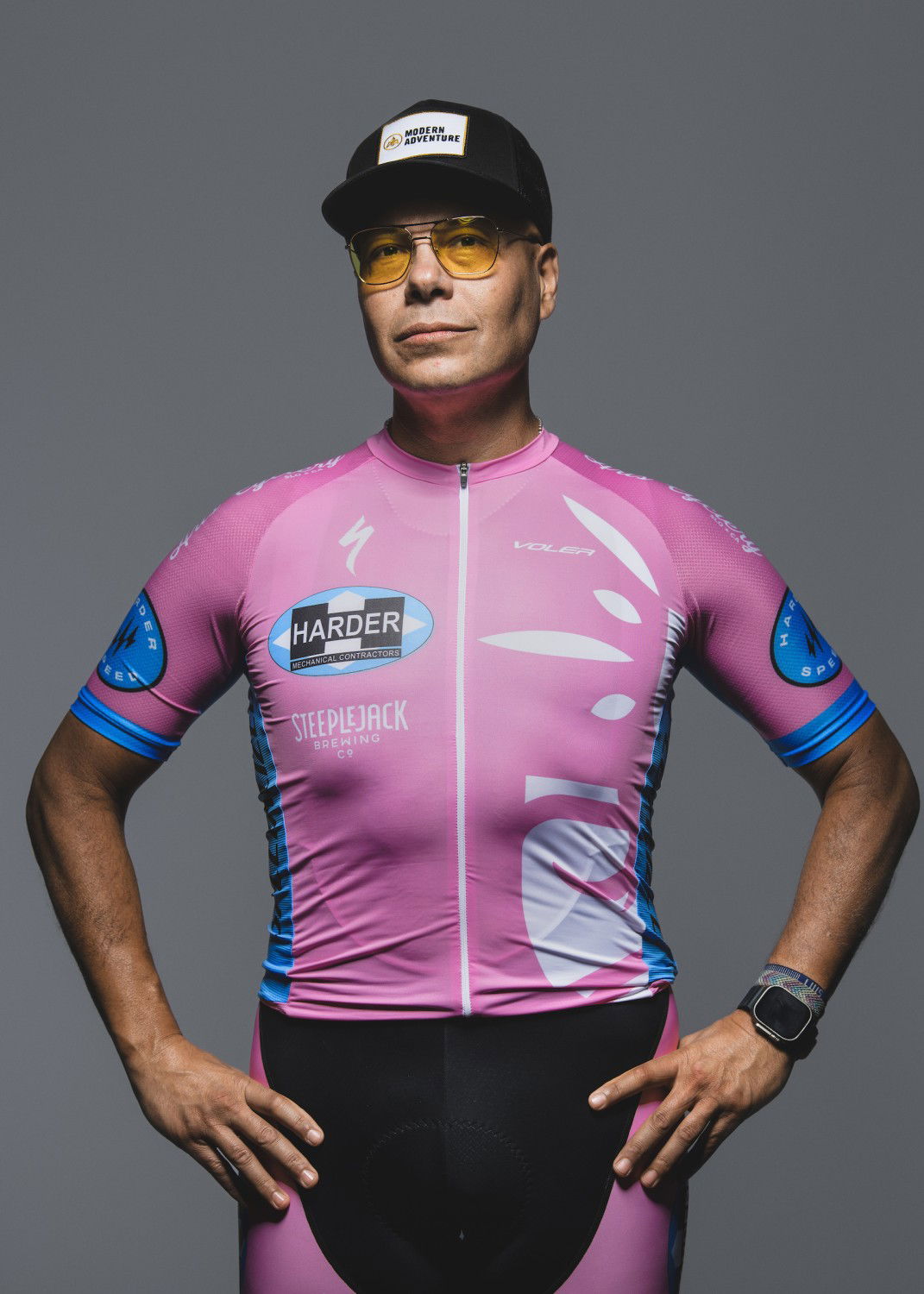
9. You don’t have to earn your worth.
There’s a moment, often hard-won, when you realize that comparison is the killer of joy.
That someone else’s success or beauty or brilliance has nothing to do with your own. The more we measure ourselves against others, the more we forget what’s already here.
You don’t need to achieve, acquire, or prove anything to be enough.
You are already worthy of love, of rest, of joy, precisely as you are. This doesn’t mean stop growing. It means growing from a place of wholeness, not from a hunger to be complete.
10. Life is a creative act.
One of the great joys of being alive is the ability to make something that didn’t exist before.
We are all creators, not just the artists, musicians, or fashion designers of the world, but all of who choose to shape the world around us with by tuning in.
These acts, big or small, are expressions of who we are. They’re part of our offering to the world, and when they come from a place of truth, they carry a kind of quiet power.
To create is to say, ‘I am here.’ This is what I see. This is what I care about. This is what I have to give. This is what I risk.
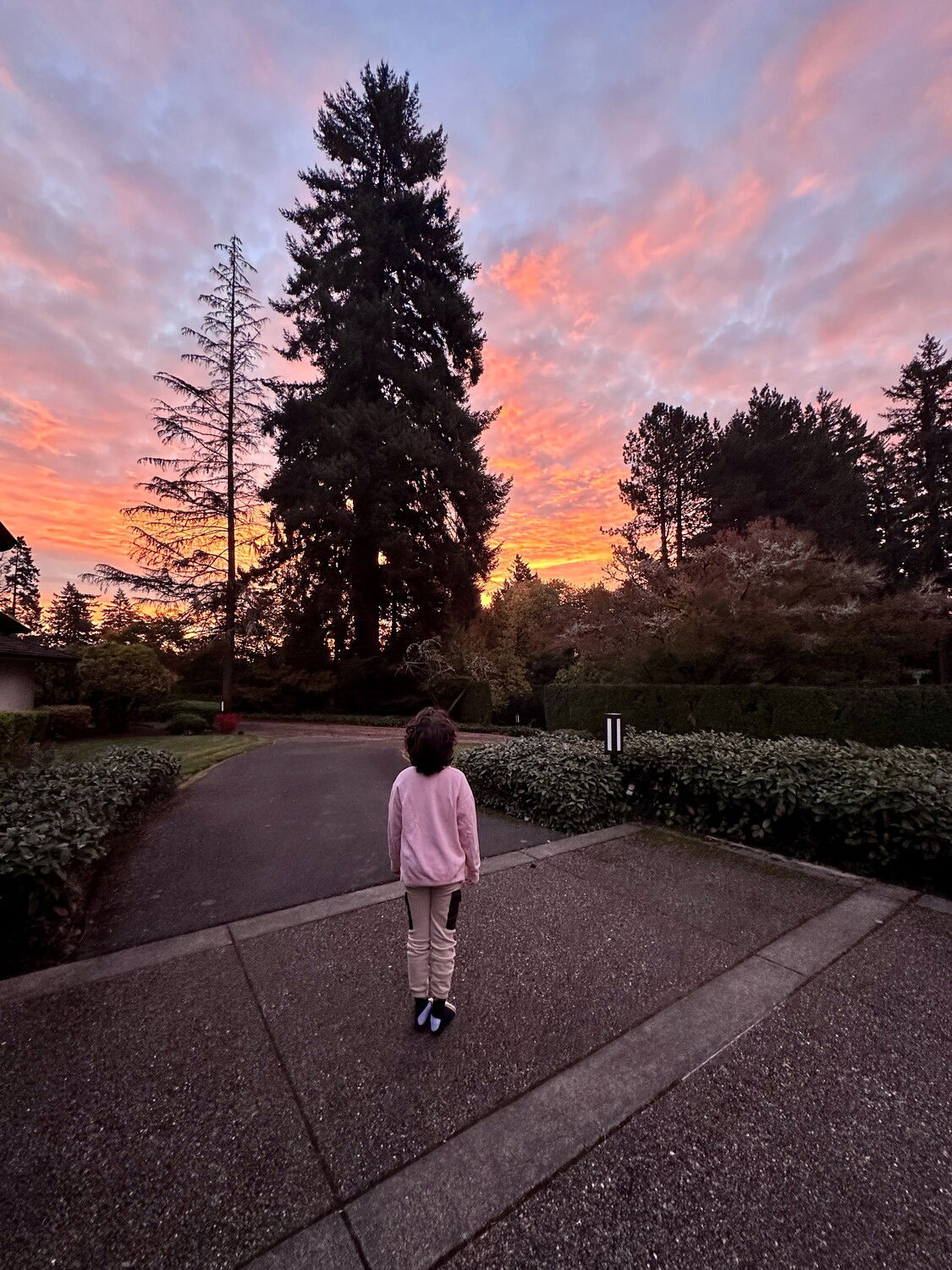
11. all is All.
There’s a quiet rhythm to things. The tide knows when to rise, leaves when to fall. We, too, are made of nature. Not above it, not apart from it, but within it.
And yet, somewhere along the way, we forgot. Disconnected from the land, the seasons, the stillness. We started to move faster than our bodies, louder than our hearts.
But the remembering is always close. To walk in the forest. To place your hands in soil. To close your eyes and listen to the sea. These are not luxuries. They are medicine. They are home.
To walk in beauty is to move through the world with your senses open and your heart attuned. It’s to notice the sacred in the ordinary: the golden light, the patina of a crumbling wall, the way music echoes down a street.
Beauty isn’t decoration. It’s a way of seeing. A way of belonging.
And when we slow down enough to notice, to allow, something in us returns to itself. We remember that we are not lost. We belong to something intricate, infinite, and alive.
All is one. And we are a part of it.
12. We are human beings. Not humans doing.
So much of our worth has been tied to doing, to output, to achievement, to accumulation. But underneath the striving, there is something quieter. Something that doesn’t need to prove itself.
Being isn’t passive; it’s powerful. It’s the breath, and the pause. It’s the presence. The reminder that in this moment, you already have everything you need to belong to yourself.
Life is a series of departures and returns. Of rupture and repair. That’s where wholeness begins. Not in what we accomplish, but in what we’re willing to feel, not in perfection, but in presence.
13. Right now, we are alive.
It’s easy to forget. To be pulled into the noise, the fear, the heaviness of all that seems to be unraveling. Yes, there is pain, there is injustice, there is madness, and there is urgency.
But step back for a moment. Widen the lens. In the long arc of history, this is still an extraordinary moment to be here. Some things have never been more complex, and yet, paradoxically, never more possible. We have unprecedented tools, reach, and awareness. And with that, a growing call to live with more care, more courage, and more truth.
Choosing to see beauty in the midst of it all isn’t naive. It’s courageous. There is power in choosing optimism, not as a means of avoidance, but as a form of rebellion. A quiet, steady form of rebellion. Not the kind that ignores the darkness, but the type that keeps tending to the light.
To be alive right now is to live at the intersection of breakdown and breakthrough, and that, too, is a gift. Even now. Especially now.
14. Stop performing. Start connecting.
There are versions of us that know how to perform. To shape-shift, impress, and earn belonging by being whomever the moment seems to ask for.
But performance creates distance. Even when effective, it leaves a quiet ache: What is it that I’m hiding or pretending? Why?
Connection doesn’t come from being impressive. It comes from being honest, from letting people see the parts that aren’t polished, practiced, or perfect. We don’t need more personas. We need presence.
The courage to show up as we are, even when we’re unsure. That’s where closeness lives. That’s where freedom begins.
15. Say it out loud.
Most of us carry things we’ve never said out loud. Not even being able to whisper to ourselves. A shadow. A memory. A desire. A wound. Something we buried, not to lie, but to survive, and the truth is, it worked.
At one time, keeping it hidden kept us safe, but safety isn’t the same as wholeness. These parts don’t disappear. They wait in the quiet, in the stillness, in the moments when the noise fades, and something softer arises. A flicker of awareness. A whisper of truth.
Sometimes, we turn toward them when we feel safe enough. At other times, it’s love, loss, illness, or a different path that brings us to our knees, cracking us open.
Either way, the invitation is the same: to turn toward what we’ve hidden and begin to listen. Not to fix or banish but to witness. Because what we hide is often what holds the key.
Not to who we were but to who we are becoming, and when we turn toward it, we begin to remember not just what’s hurt but what’s whole.
If something here speaks to you, I hope you carry it with you for a moment or a while. If not, that’s okay too.
This hasn’t been an attempt to offer answers, just an honoring of the questions I’m still living into because that’s the real work. Not to arrive but to stay awake. To keep turning toward what’s true. To walk each season with a little more presence, a little more grace, a bit more love.
Fifty years in, I know less than I once thought I did. But I trust myself more. I’m less interested in being right and more devoted to being real. Less focused on getting somewhere and more grateful to be here.
Still learning. Still stumbling. But a little more free.
And if we’re lucky, we get to keep doing some of this walking together.
If you have one you’d like to share, please do. Evolution happens in community.
In gratitude,
Luis
